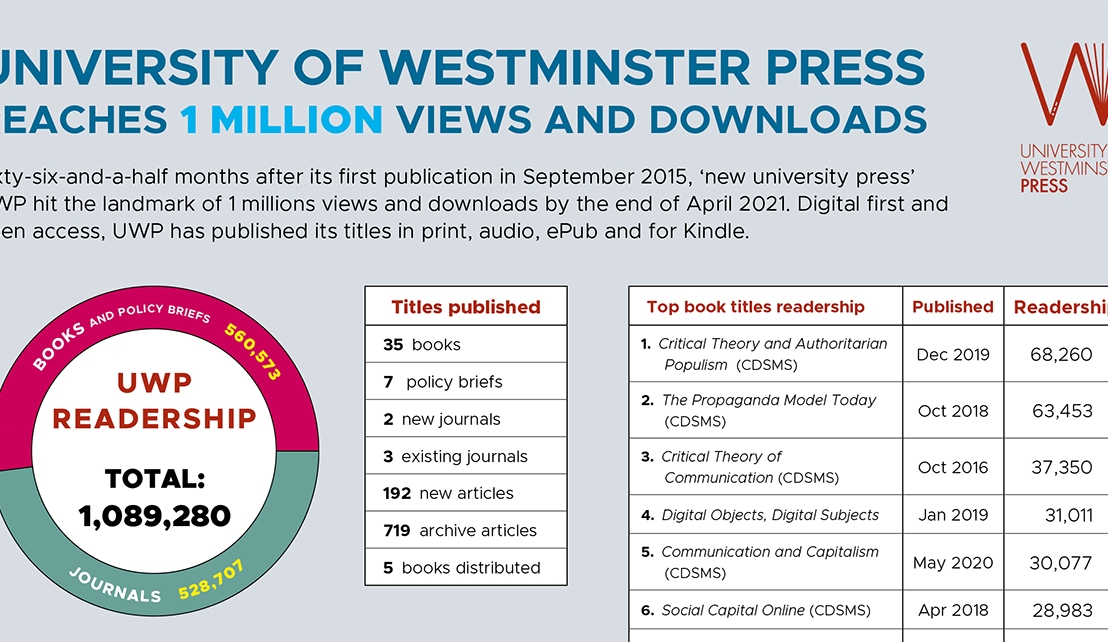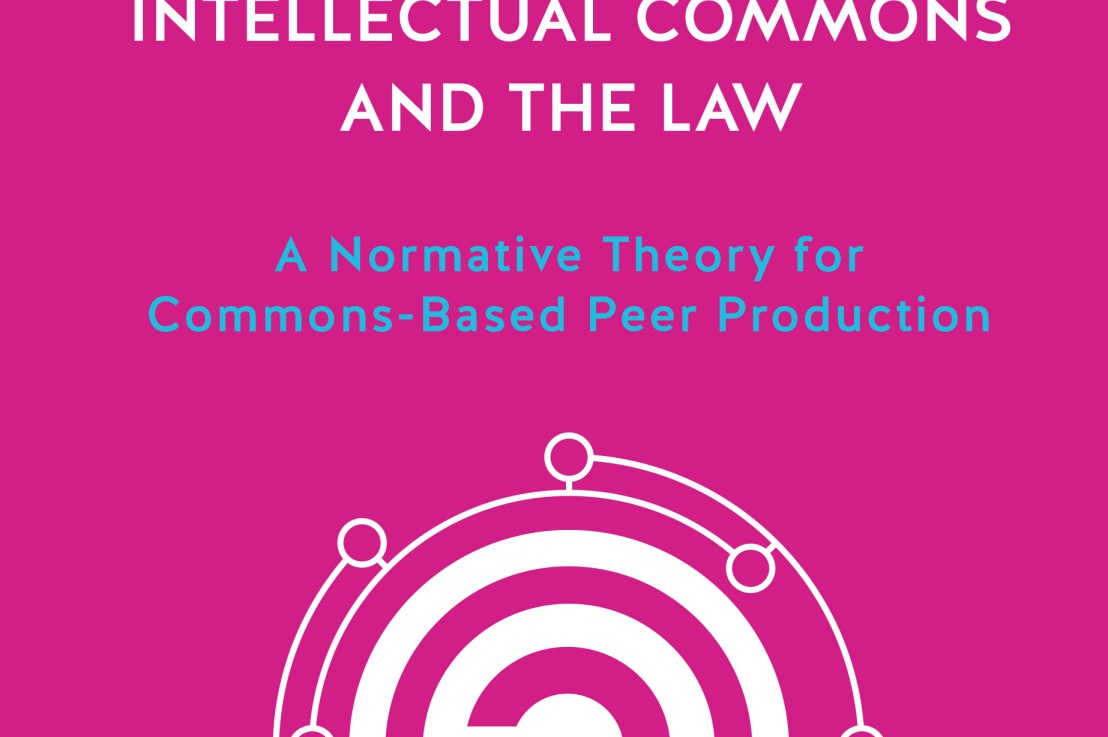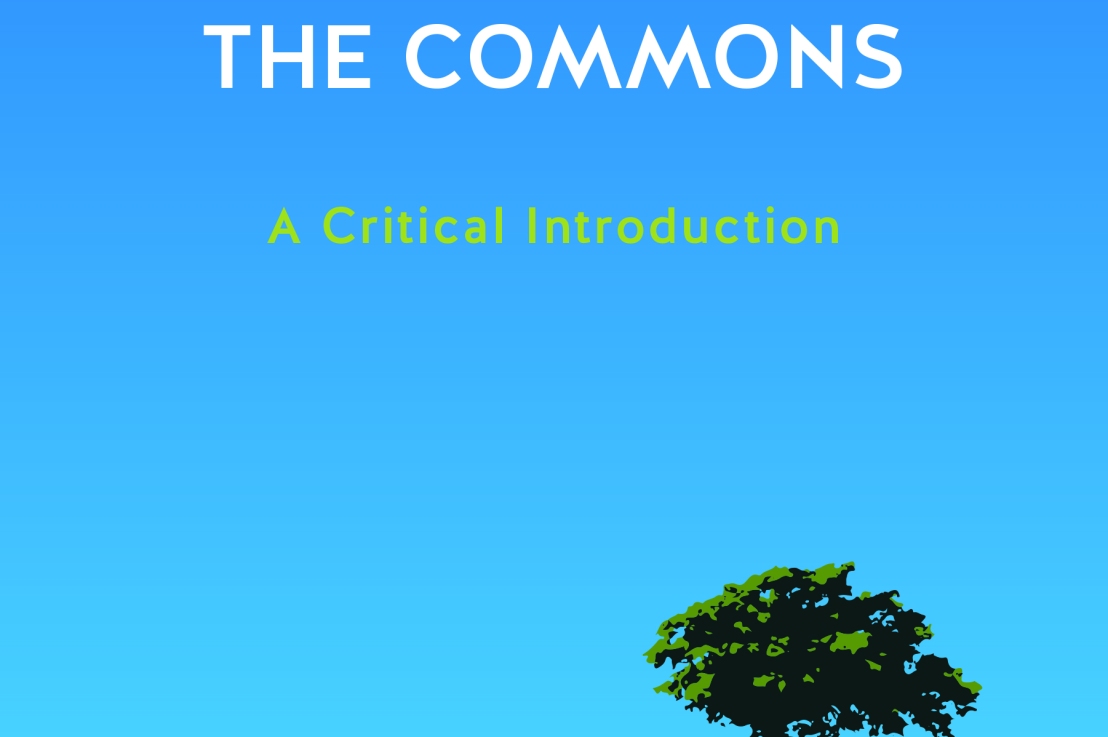UWP are pleased to announce a forthcoming title DIGITAL PLATFORMS AND ALGORITHMIC SUBJECTIVITIES* exploring the changing nature of subjectivities produced in an era of changing boundaries between the social and personal and the economic and technological for its Critical Digital and Social Media Studies series edited by Christian Fuchs. The title is edited by Emiliana Armano, Marco Briziarelli and Elisabetta Risi (State University of Milan, University of New Mexico and IULM University of Milan respectively and will be published open access thanks to the support of Knowledge Unlatched.
*Amended 27 July 2021
DESCRIPTION
Algorithms are a form of productive power – so how may we conceptualise the newly merged terrains of social life, economy and self in a world of digital platforms? How do multiple self-quantifying practices interact with questions of class, race and gender? This book considers algorithms at work – for what purposes encoded data about behaviour, attitudes, dispositions, relationships and preferences are deployed – and black box control, platform society theory and the formation of subjectivities. It details technological structures and lived experience of algorithms and the operation of platforms in areas such as crypto-finance, production, surveillance, welfare, activism in pandemic times. Finally, it asks if platform cooperativism, collaborative design and neomutualism offer new visions. Even as problems with labour and in society mount, subjectivities and counter subjectivities here produced appear as conscious participants of change and not so much the servants of algorithmic control and dominant platforms.
CONTENTS
Introduction. Platforms, Algorithms and Subjectivities.– Emiliana Armano, Marco Briziarelli, Joseph Flores, Elisabetta Risi
Part I: Conceptualizing an algorithmic society
- The Californian Ideology Revisited – Lawrence Quill & Hasmet Uluorta
- Platform Politics and a World Beyond Catastrophe – Ned Rossiter & Soenke Zehle
- Platforms in Time of Pandemic– Niccolò Cuppini, Mattia Frapporti & Maurilio Pirone
- Domus Capitalismi. Domesticated Subjectivities in Times of Covid-19 – Marco Briziarelli & Emiliana Armano
- Black Box Power Zones of Uncertainty in Algorithmic Management – Heiner Heiland
- Algorithmic Management in Food Delivery Platforms, between Digital Neo-Taylorism and Enhanced Subjectivity – Emiliana Armano, Daniela Leonardi & Annalisa Murgia
- Extracting Free Labour– Patrick Cingolani
- On Value And Labor In The Age Of Platforms– Andrea Miconi
Part II: Phenomenology and experiences.
9. The Digital Traces of Crypto-Finance– Alberto Cossu
10. The Social Costs of the Gig Economy and Institutional Responses. Forms of Institutional Bricolage in Italy, France, and the Netherland – Maurizio Franzini & Silvia Lucciarini
11. Plat-Firming Welfare. Examining Digital Transformation in Local Care Services – Davide Arcidiacono, Ivana Pais & Flaviano Zandonai
12.Algorithmic Prosumers – Elisabetta Risi & Riccardo Pronzato
13. Performed Subjectivities in Ranking and Recommendation Systems – Tatiana Mazali & Nicoletta Gay
14. Labour Control and Commodification Strategies Within A Food Delivery Platform in Belgium – Milena Franke & Valeria Pulignano
15. Emerging Forms of Sociotechnical Organisation the Case of the Fediverse – Jacopo Anderlini & Carlo Milani
16. A Workers’ Inquiry into Canvas and Zoom Disrupting the Algorithmic University – Robert Ovetz
ABOUT THE EDITORS
Emiliana Armano, PhD in Labour Studies at the Department of Social and Political Sciences at the State University of Milan. She collaborates in research into informational capitalism, knowledge work, flexibility and precariousness, with a social inquiry and coresearch methodological approach.
Marco Briziarelli is professor of Department of Communication and Journalism of the University of New Mexico. He studies critical approaches to media and communication theory, especially as these fields intersect with broader issues in political and social theory, intellectual and cultural history. Dr. Briziarelli is also interested in media and social movements and critical conceptualization of digital labor. His work has appeared in triple C: Communication, Capitalism & Critique, CommunIcation and Critical/Cultural Studies and many other journals.
Elisabetta Risi, PhD in Information Society, is Research Fellow of the Department of Communication, Arts and Media of IULM University (Milan). She teaches disciplines related to digital methods and her research interests include critical study of society and media, platform society the relationship between communication practices, identity and social change.
RELATED PUBLISHING
UWP has previously published The Spectacle 2.0 by two of the book’s editors Marco Briziarelli and Emiliana Armano in the CDSMS series, the CAMRI Policy Brief Artificial Intelligence and the Internet of Things with AI FOR EVERYONE edited by Pieter Verdegem of the University of Westminster also scheduled for 2021.





